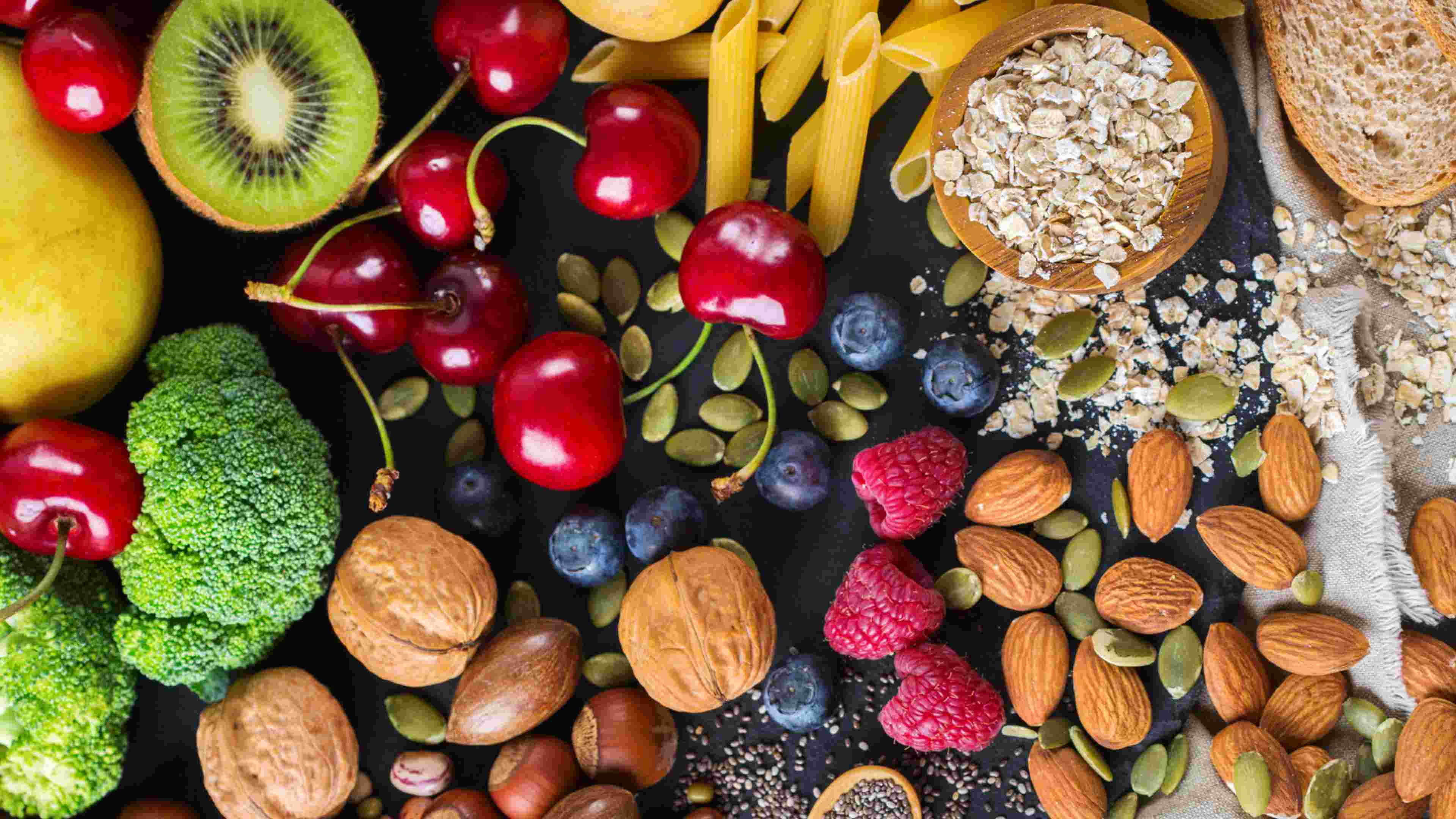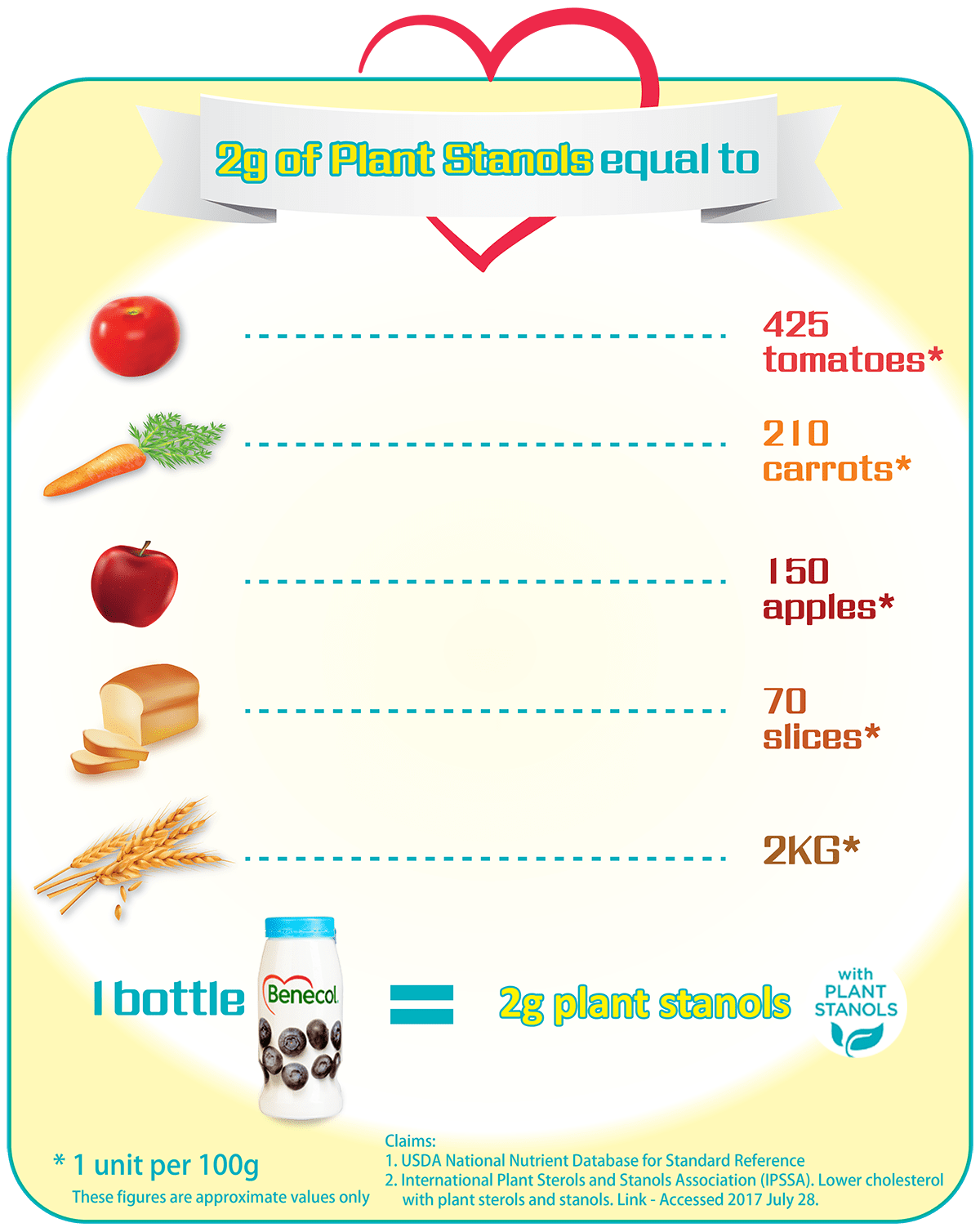Absolutely! Here’s a 3000-word article on plant sterols and stanols, with list items converted to headings.
Cholesterol, a waxy, fat-like substance, is essential for building healthy cells. However, too much cholesterol can lead to plaque buildup in arteries, increasing the risk of heart disease. In the quest for maintaining healthy cholesterol levels, plant sterols and stanols have emerged as powerful allies. These naturally occurring compounds, found in various plant-based foods, offer a safe and effective way to lower LDL cholesterol, often referred to as “bad” cholesterol.

Plant sterols and stanols are structurally similar to cholesterol. This resemblance plays a crucial role in their cholesterol-lowering effects. They are found in the cell membranes of plants and are present in a variety of foods, including vegetable oils, nuts, seeds, and grains.
While often used interchangeably, there’s a subtle difference between sterols and stanols. Sterols are unsaturated, meaning they contain double bonds in their chemical structure. Stanols, on the other hand, are saturated, having no double bonds. This structural difference affects their absorption in the human body.

The cholesterol-lowering mechanism of plant sterols and stanols is fascinating. They work by inhibiting the absorption of cholesterol in the small intestine. Because their structure is so similar to cholesterol, sterols and stanols compete with cholesterol for absorption sites. This competition reduces the amount of cholesterol that enters the bloodstream, resulting in lower LDL cholesterol levels.
Mimicry and Competition: Plant sterols and stanols are structurally similar to cholesterol, allowing them to displace cholesterol in mixed micelles, which are essential for cholesterol absorption.

While plant sterols and stanols are found in many plant-based foods, the amounts are generally low. To achieve significant cholesterol-lowering effects, fortified foods or supplements are often necessary.
Vegetable Oils: Corn oil, soybean oil, and canola oil contain small amounts of plant sterols.
Fortified Margarine: Many margarines are fortified with plant sterols or stanols, providing a convenient way to increase intake.
The recommended daily intake of plant sterols and stanols for cholesterol lowering is typically 2-3 grams. This amount can lower LDL cholesterol by up to 10-15%. However, it’s important to note that individual responses may vary.
While their primary benefit is cholesterol reduction, plant sterols and stanols may offer other health advantages.
Cardiovascular Health: By lowering LDL cholesterol, they contribute to a reduced risk of heart disease.
Plant sterols and stanols are generally considered safe for most people. However, some potential side effects and considerations exist.
Reduced Absorption of Beta-Carotene: High intakes of plant sterols and stanols may slightly reduce the absorption of beta-carotene and other carotenoids. This can be mitigated by consuming a diet rich in fruits and vegetables.
Making simple dietary changes can help you incorporate plant sterols and stanols into your daily routine.
Choose Fortified Foods: Opt for fortified margarines, orange juice, or yogurt.
While plant sterols and stanols can be beneficial, they should be part of a balanced diet and healthy lifestyle.
Maintain a Healthy Weight: Losing excess weight can improve cholesterol levels.
Before making significant dietary changes or starting supplements, it’s essential to consult with a healthcare professional. They can assess your individual needs and provide personalized recommendations.
Personalized Advice: A doctor or registered dietitian can help you determine the appropriate intake of plant sterols and stanols based on your health status and risk factors.
Ongoing research continues to explore the potential benefits of plant sterols and stanols.
Long-Term Effects: Studies are investigating the long-term effects of plant sterol and stanol consumption on cardiovascular health.
Plant sterols and stanols offer a natural and effective way to lower LDL cholesterol and promote heart health. By incorporating these compounds into a balanced diet and healthy lifestyle, individuals can take proactive steps to manage their cholesterol levels and reduce their risk of cardiovascular disease. Always consult with a healthcare professional to ensure that dietary changes and supplements are appropriate for your individual needs.



